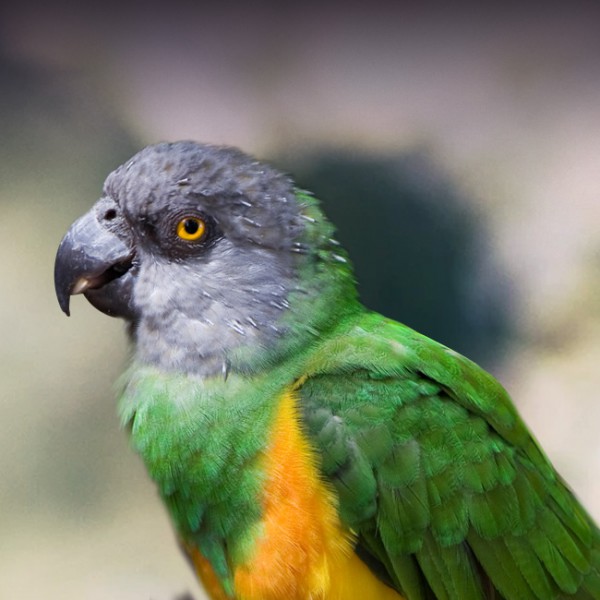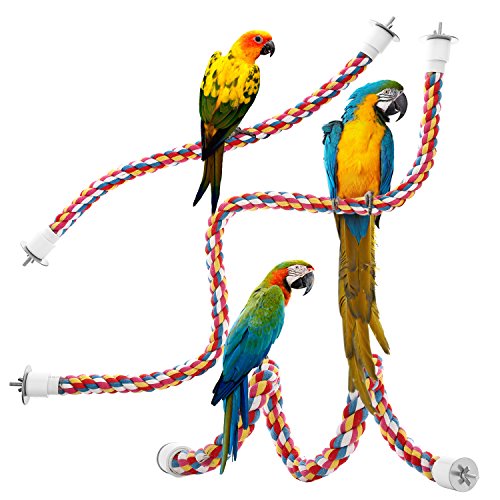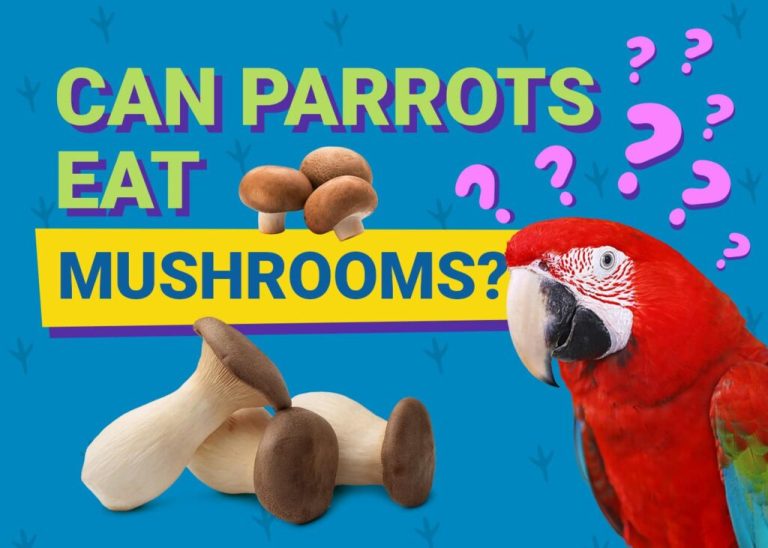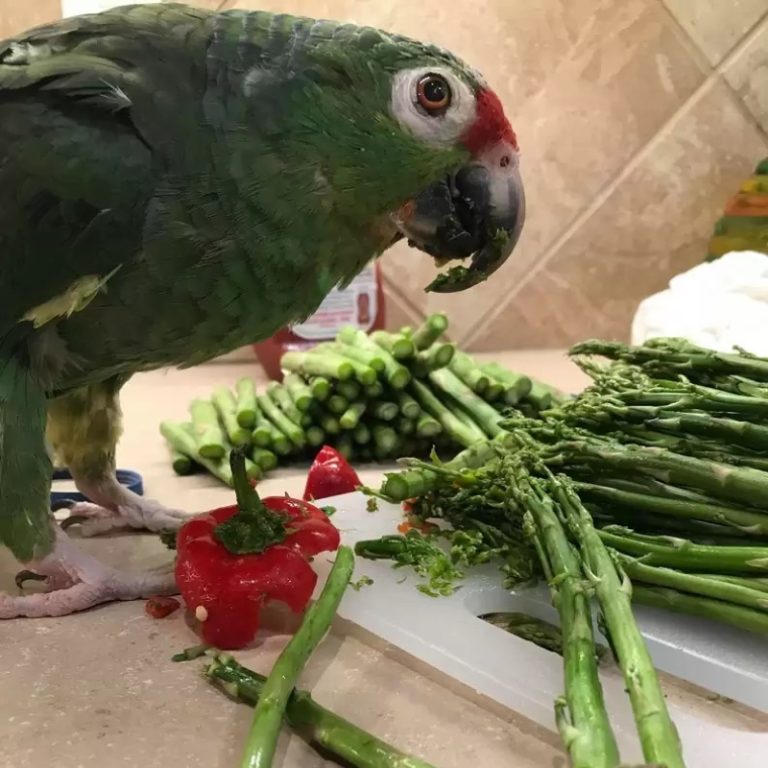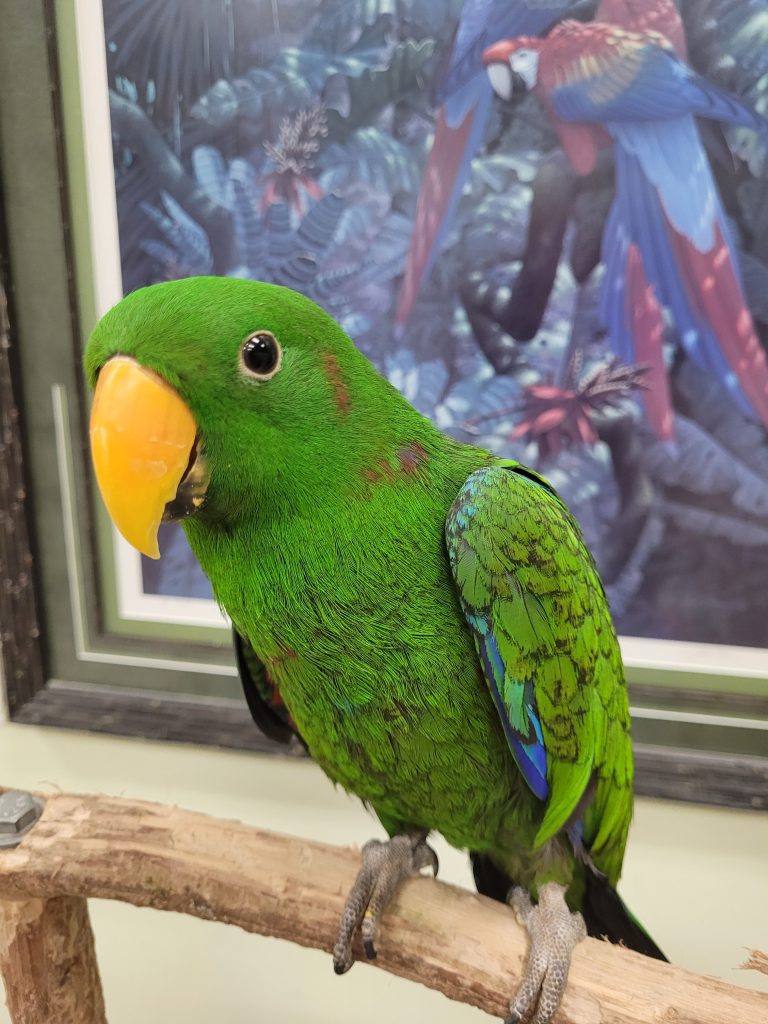What Fruits Can Parrots Eat? Ultimate Guide for Owners!
Parrots can safely eat a variety of fruits, including apples, bananas, berries, and mangoes. Avoid fruits with pits, such as cherries, as they can be harmful.
Fruits are essential to a parrot’s diet, providing vital nutrients and hydration. Offering a variety of fruits helps keep your feathered friend healthy and happy. Each fruit contains unique vitamins and minerals that support your parrot’s immune system and overall well-being.
Fresh, organic fruits are the best option, free from pesticides and chemicals. Remember to introduce new fruits gradually to monitor for any adverse reactions. Always remove seeds and pits before serving, as some can be toxic. A balanced diet will keep your parrot lively and vibrant.
In this article, we are talking about what fruits can parrots eat.
Parrot Diets 101

Credit: www.reddit.com
Parrots need a balanced diet for good health. Essential nutrients include vitamins, minerals, and proteins. Fresh fruits are a great source of these nutrients. Common fruits like apples, bananas, and berries are safe for parrots.
Some fruits, like avocados and cherry pits, can be harmful. Always wash fruits thoroughly before serving. Cut them into small, manageable pieces to help prevent choking.
Feeding parrots too much fruit can lead to obesity. Moderation is key. A variety of foods keeps them happy and healthy. Avoid feeding them processed or sugary fruits.
| Safe Fruits | Unsafe Fruits |
|---|---|
| Apples | Avocado |
| Bananas | Cherry pits |
| Berries | Citrus peels |
What Fruits Can Parrots Eat? – 13 Top Fruits List
Parrots can enjoy a variety of fruits that provide essential nutrients and enrich their diet. Here are some fruits that are safe and healthy for most parrots to eat:
- Apples – Be sure to remove the seeds, as they contain trace amounts of cyanide.
- Bananas – High in potassium and easy for parrots to eat.
- Berries – Blueberries, strawberries, raspberries, and blackberries are rich in antioxidants.
- Grapes – Give in moderation due to high sugar content.
- Oranges – A good source of vitamin C; remove seeds.
- Pineapple – Contains bromelain, beneficial for digestion.
- Papaya – High in vitamins A and C; seeds should be removed.
- Mango – High in vitamins A, C, and E.
- Melons – Watermelon, cantaloupe, and honeydew are hydrating and vitamin-rich.
- Pomegranate – High in antioxidants but can be messy.
- Kiwi – A good source of vitamin C and fiber.
- Cherries – Remove the pits, as they contain cyanide.
- Pears – Also need to have seeds removed.
What vegetables can parrots eat? – Top 11 Vegetables
Parrots can enjoy a variety of vegetables that provide essential nutrients and support their overall health. Here are some safe and nutritious options:
- Leafy Greens: Spinach, kale, romaine lettuce, collard greens, and Swiss chard are rich in vitamins A, C, and K, calcium, and antioxidants.
- Bell Peppers: All colors of bell peppers (red, yellow, orange, and green) are packed with vitamin C and A, which are excellent for eye health and immunity.
- Carrots: High in beta-carotene (vitamin A), which is beneficial for vision and feather health. They can be offered raw, grated, or lightly steamed.
- Broccoli: Contains fiber, calcium, and vitamins C and K. Offer small, manageable pieces for easy eating.
- Squash: Varieties like zucchini, butternut, and yellow squash provide vitamins A and C. These can be served raw or steamed.
- Sweet Potatoes: High in vitamin A, sweet potatoes can be steamed or baked before serving.
- Green Beans: Good sources of fiber, vitamins A, C, and K, and can be served raw or lightly steamed.
- Peas: Offer fresh or frozen peas, which are full of protein, fiber, and vitamin C.
- Cucumbers: Hydrating and low in calories, cucumbers are a refreshing snack but should be offered in moderation due to lower nutrient density.
- Brussels Sprouts: High in fiber and vitamin C; offer them raw or lightly steamed.
- Pumpkin: Rich in vitamins and can be served cooked; seeds are also a favorite for many parrots.
Safe Fruits for Your Feathered Friend
Apples are a great choice for parrots. They provide essential vitamins and minerals. Always remove the seeds before feeding. Parrots enjoy the sweet and crunchy texture of apples.
Berries are also excellent snacks. They are full of antioxidants and vitamins. Common choices include strawberries, blueberries, and raspberries. Offer them fresh for the best taste.
Both apples and berries can help keep your parrot healthy and happy. Always wash fruits thoroughly before serving. Variety in their diet is important for overall well-being.
Tropical Delights for Parrots
Mangoes are a favorite for many parrots. These fruits are rich in Vitamin A. This vitamin helps keep their feathers shiny and healthy. Mangoes also support good vision and boost the immune system.
Papayas offer excellent digestive benefits for parrots. They contain enzymes that help break down food. This can lead to better nutrient absorption. Papayas are also a great source of Vitamin C, which helps fight infections.
Citrus Fruits: A Zesty Option?
Citrus fruits can be a zesty and tasty option for parrots. Oranges are safe for parrots. They are rich in vitamin C. Feeding small pieces is best. Too much can upset their stomachs.
Lemons and limes may pose some risks. These fruits contain high levels of citric acid. This acid can cause digestive issues for some parrots. Always introduce new foods slowly. Monitor your parrot’s reaction closely.
Grapes And Cherries: Sweet And Safe?
Grapes and cherries are delicious fruits for parrots. They are safe in moderation. Ensure the fruits are fresh and washed. Small parrots can eat grapes and cherries, but size matters. Cut grapes in half for tiny beaks. Cherries should be pitted to avoid choking hazards.
Pits in cherries can be dangerous. They contain toxins that can harm parrots. Always remove pits before offering cherries. Supervise your parrot while they eat fruits. This helps prevent any accidents. Keep an eye on their reactions to new foods.
Stone Fruits: Precautions for Parrots
Parrots can enjoy stone fruits like peaches and plums. These fruits are delicious but come with risks. The pits of these fruits contain cyanide, which is toxic. Always remove the pits before offering them to parrots.
To prepare peaches and plums safely, wash them thoroughly. Slice the fruit into small, manageable pieces. This helps prevent choking. Always supervise parrots while they eat. Watch for any signs of distress or discomfort.
Keep in mind that moderation is key. Too much fruit can upset a parrot’s stomach. Offering stone fruits as an occasional treat is best. Always consult a vet for specific dietary advice.
Melons: Hydration And Health
Watermelon is a fantastic choice for parrots. It is full of water, keeping them hydrated. The sweetness of watermelon is also very enjoyable for birds. This fruit contains vitamins A and C, which help support a healthy immune system.
Cantaloupe offers many nutritional benefits. It is rich in vitamins and minerals. This fruit can boost a parrot’s overall health. Honeydew is another great option. It provides hydration and a sweet taste that parrots love. Both fruits are low in calories and high in fiber.
Feeding Techniques And Tips
Proper feeding is crucial for your parrot’s health. Fruits provide important vitamins and minerals. Start with small portions. A piece of fruit should be about the size of your parrot’s beak. This helps prevent overfeeding.
Offer fruits 2-3 times a week. This frequency ensures a balanced diet. Avoid giving too many sugary fruits. Fresh fruits are always the best choice. Dried fruits often contain added sugars.
Introduce new fruits slowly. Watch for any signs of allergies. Start with small bites of one fruit at a time. If your parrot enjoys it, gradually increase the amount.
Always wash fruits thoroughly. Remove seeds and pits, as they can be harmful. Variety is key to a healthy diet. Rotate different fruits to keep your parrot engaged.
Foods To Avoid: Protecting Your Parrot
Parrots need careful diets. Some foods are toxic and can harm them. Avoid chocolate, which can be deadly. Avocado is another dangerous food for parrots. Onions and garlic can cause health issues too.
Many fruits can also cause problems. Citrus fruits might upset their stomachs. Always check for pesticides on fruits. Wash them well before feeding. Some parrots may have allergies or intolerances to certain foods.
| Food Type | Risk Level |
|---|---|
| Chocolate | High |
| Avocado | High |
| Onions | Medium |
| Garlic | Medium |
:strip_icc()/safe-fruits-for-birds-390622_Final-5bbd0d6ec9e77c0051dd8f07.png)
Credit: www.thesprucepets.com
Conclusion: A Balanced Parrot Diet
Creating a diverse menu is essential for a parrot’s health. Offer a mix of fruits, veggies, and grains. Common fruits include apples, bananas, and berries. Always wash fruits before serving. Remove seeds and pits to keep your parrot safe. Fresh fruits provide vitamins and energy.
Monitoring health and diet changes is important. Observe your parrot’s behavior and weight regularly. Changes in eating habits can signal health issues. Consult a vet if you notice anything unusual. Keeping a food journal helps track what your parrot eats. This can aid in identifying preferences and potential allergies.
Frequently Asked Questions
Parrots in the wild eat a variety of foods. They mainly feed on seeds, nuts, fruits, and berries. Some species also enjoy flowers, leaves, and nectar. They use their strong beaks to crack open hard nuts and seeds. Many parrots will also eat insects or small animals for protein. Their diet is diverse, helping them get all the nutrients they need to stay healthy.
Green parrots eat a mix of fruits, seeds, nuts, and vegetables. They enjoy foods like apples, berries, carrots, and leafy greens. Sunflower seeds and almonds are also favorites but should be given in moderation. These foods keep them healthy and energized. Fresh, clean water is essential too, as it keeps them hydrated.
Yes, many parrot species live in rainforests. They thrive in these warm, humid places because of the abundant food sources, like fruits, seeds, and nuts. Rainforests also offer plenty of trees for shelter and nesting. Parrots are well-suited to this environment, with strong beaks for cracking hard shells and bright feathers that help them blend in with the colorful surroundings.
Parrots in the rainforest eat a variety of foods. Their diet includes seeds, nuts, fruits, berries, and flowers. Some even enjoy insects and small animals for protein. Parrots use their strong beaks to crack open nuts and seeds, making it easier to reach the food inside. They also love fruits for their juicy flavor and nutrients, which help them stay healthy and active in their tropical habitat.


